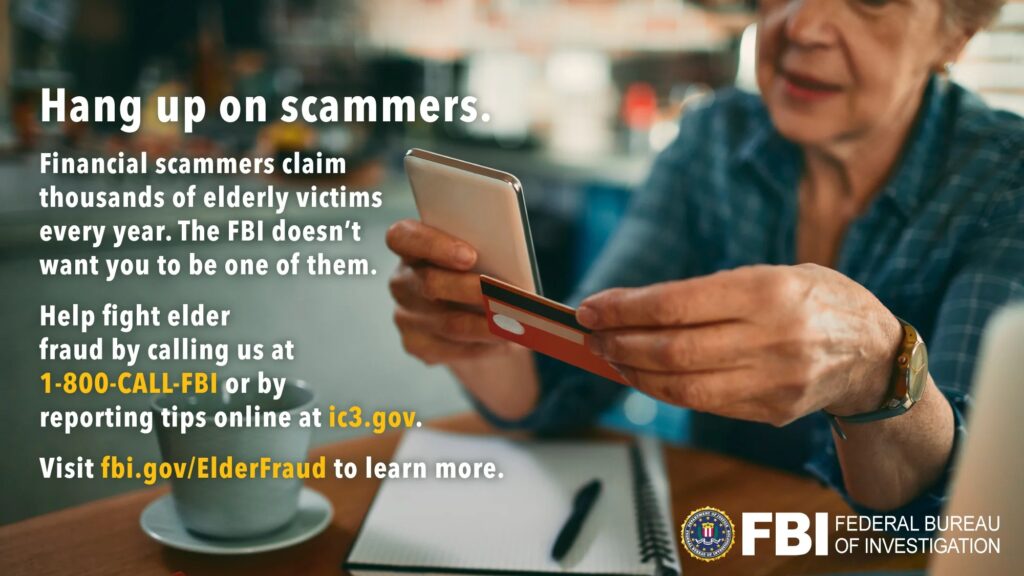Paul Davis: The devastating effects of elder abuse
Some years ago, I attended a series of preliminary hearings at the 3rd police district in South Philadelphia as a reporter and crime columnist for the South Philadelphia American weekly newspaper.
One of the hearings in particular was truly tragic. An elderly man stood sheepishly with his head hung low as his 40ish daughter and her husband were accused of stealing his monthly Social Security checks. As Social Security was his only income, he was left poor, hungry and neglected.
Later, while out on a ride-along with a 1st district sergeant. I accompanied the sergeant as he responded to a 911 call. The emergency call came from an elderly woman who told the sergeant that four young neighborhood men were entering her home without her permission. On several occasions, the men broke into her home and stole her cash and other valuables as she sat there meekly, unable to stop them. She feared for her life, as the men warned her not to call the police or they would hurt her. She was not physically harmed during the home invasions, but the thieves were leaving her without money for food and other necessities. She cried when she told the sergeant her sad story.
“If my husband were still alive, he would beat the crap out of these punks,” she told the sergeant.
The sergeant took her statement and description of the young men. He said that he would pass on his report to South Detectives and they would soon be calling on her. He also said that he would assign patrol officers to check in on her periodically. He assured her that the police would soon round up the heartless thieves.
After all these years later, elderly people are still becoming the victims of elder abuse crimes.
June 15th was World Elder Abuse Awareness Day, and the FBI reminded us that this type of fraud takes many forms as criminals seek to take advantage of this vulnerable and growing population.
“The FBI is committed to educating the public about these scams and investigating financial fraud schemes against seniors. Not only are there devastating financial consequences, but these victims and their loved ones can suffer great emotional and mental effects because of these scams,” the FBI stated.
According to the FBI, the Bureau investigates various types of financial scams targeting seniors, including investment scams, technical/customer support schemes, money mule and romance scams, and others.
The FBI pointed to the 2024 data from their Internet Crime Complaint Center (IC3). There was a total of $4.885 billion in losses from 147,127 complaints. This is a 46 percent increase in complaints from 2023, as well as a 43 percent increase in losses. The FBI stated that they will continue to work with local and federal partners to tackle elder fraud and stop those who attempt to harm the elderly.
READ MORE: On Biden, aging, candor, and public responsibility
“Educating the American public, and specifically our seniors about the devastating effects of elder fraud schemes are critical to protecting them and their hard-earned money,” said Assistant Director Jose A. Perez of the FBI’s Criminal Investigative Division. “There are far-reaching consequences of these elaborate schemes, which can decimate the life savings of the elderly. The FBI works with our local and federal partners to make sure our seniors, their caregivers, families and friends know the signs to look for to keep Americans safe from falling victim to these deceitful criminals.”
According to the FBI, seniors are frequently targeted by criminal actors, as they are often perceived to be more polite and trusting. These actors may also assume that seniors are more financially stable, own real estate, spend a great deal of time alone, and are less likely to report fraud if they feel ashamed or are unfamiliar with reporting channels such as IC3.gov.
The FBI noted that fraud can happen to anyone, and small steps can be taken to protect yourself and your information:
- Search online for the contact information (name, phone number, email, addresses) of any unknown source which reaches out to you, as well as the proposed offer. Verify the legitimacy of businesses on websites such as Better Business Bureau. Other people have likely posted information online about businesses and individuals attempting to run scams.
- Resist the pressure to act quickly. Scammers create a sense of urgency to lure victims into immediate action, typically by instilling trust and inducing empathy or fear, or the promise of monetary gains, companionship, or employment opportunities.
- Be cautious of unsolicited phone calls, mailings, and door-to-door service offers.
- Never give or send to unverified people or businesses any personally identifiable information, money, checks, gift cards, or wire information.
- Take precautionary measures to protect your identity should a criminal gain access to your device or account. Immediately contact your financial institutions to place protections on your accounts and monitor them for suspicious activity.
If you believe you are a victim of fraud, or know a senior who may be—regardless of financial loss—immediately report the incident to your local FBI field office or other law enforcement agency, or by calling 1-800-CALL FBI, or go online at tips.fbi.gov or go to the Internet Crime Complaint Center at ic3.gov.

Paul Davis, a Philadelphia writer and frequent contributor to Broad + Liberty, also contributes to Counterterrorism magazine and writes the “On Crime” column for the Washington Times. He can be reached at pauldavisoncrime.com.




